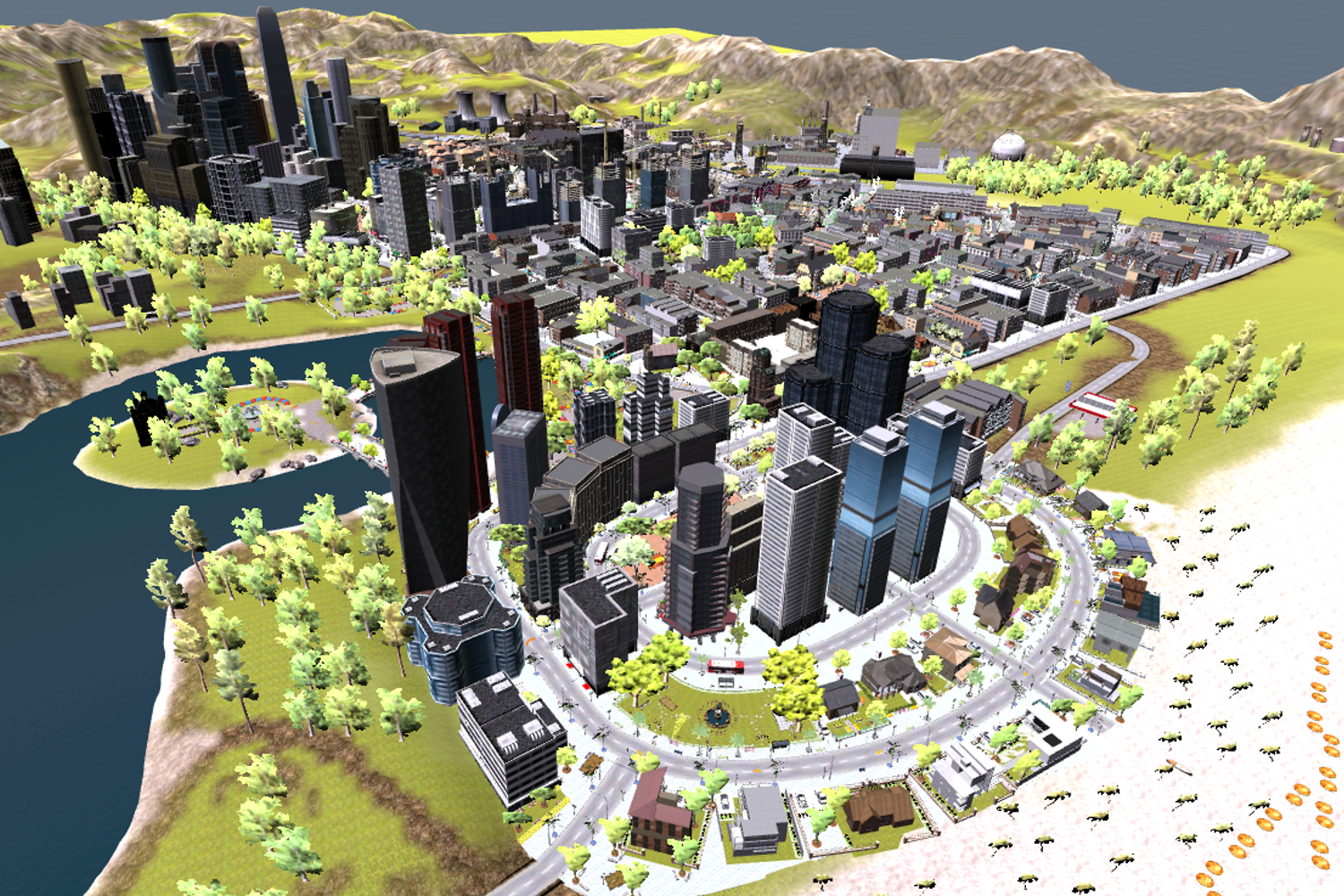Experiments in Virtual Environments (EVE)
Over the last decade, running experiments in virtual environments has become a crucial tool in spatial cognition. In most cases, the experimental content lies at the core of any publication, but behind the scenes, a large technical machinery needs to be setup and maintained for experiments to go smooth and this is both expensive and time-consuming. Experiments in Virtual Environments (EVE) is a framework that reduces the technical workload on researchers and frees up their time and funds, such that they can be used to improve design and to conduct experiments.
EVE is a Unity3D-based framework that allows to quickly setup a 3D environment in which to conduct an experiment. EVE can interact with many sensors (and adding new ones is easy) and it takes care of logging, storing and retrieving data. Thus, EVE allows researchers to focus on the what and why rather than the how. Additionally, EVE has a questionnaire system to embed questioning participants into the immersion of the virtual environment. Lastly, EVE provides R-based evaluation tools that allow researchers to elegantly retrieve the data (whether questionnaire-based, sensor-based or VE-based) and transform it where necessary.
EVE is available as an open-source project on external pagegithubcall_made.

